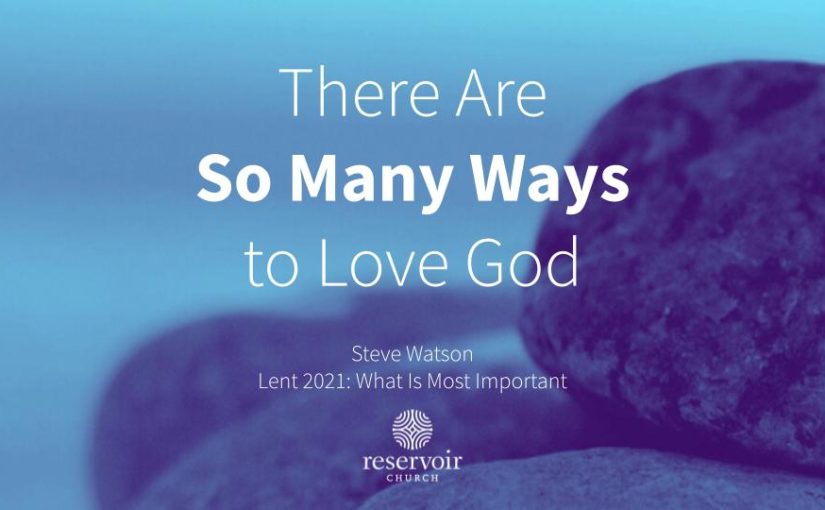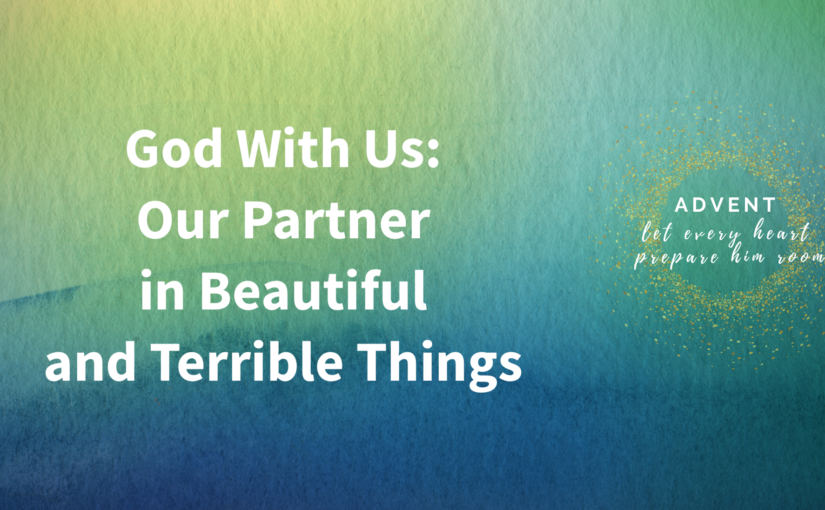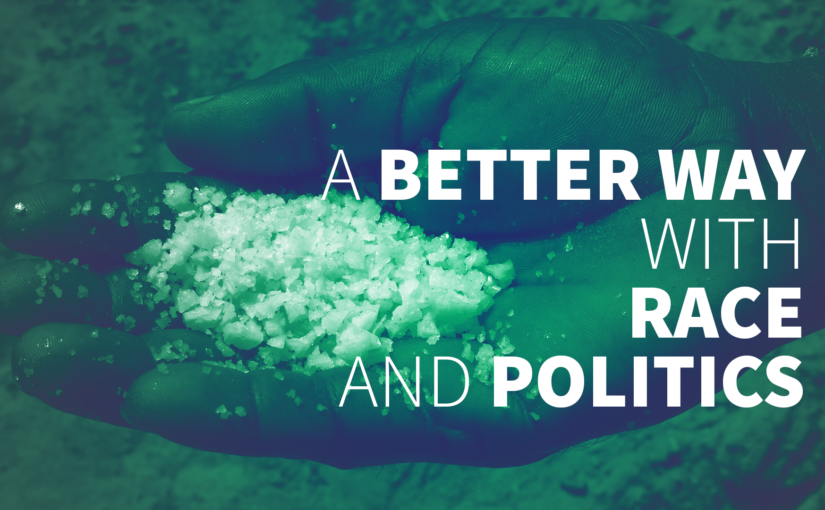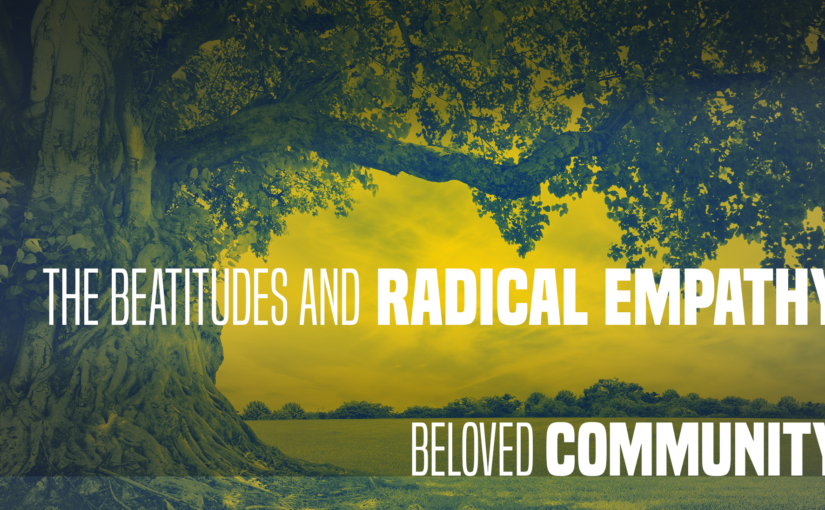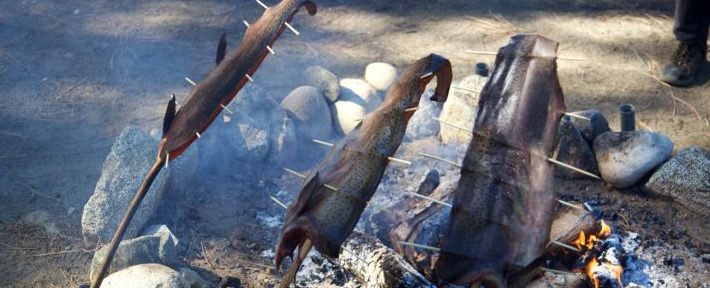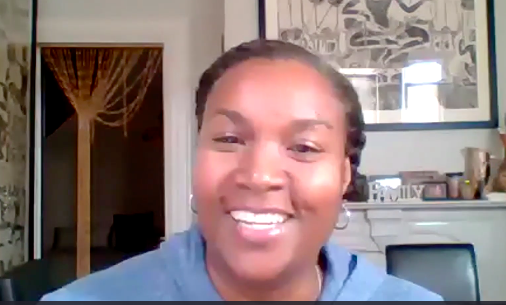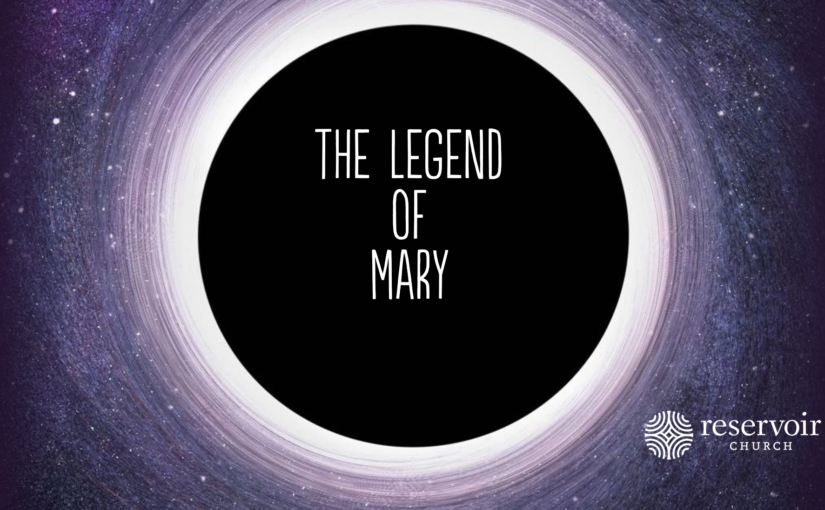For this week’s Events and Happenings click “Download PDF.”
For this week’s spiritual practice, called “Love of God. Love of Neighbor” click HERE.
There’s a college professor named David Dark. I follow him on Twitter, and one of the things there is post stories of people doing horrible things to other people and to this earth, just adding the words: There are so many ways to hate God.
News this week. You can be so rich and famous and white that you find it appropriate to question the skin color of your in-law’s child in her womb. Or you can be so rich and famous and privileged that when you’re pulled over by the police for driving while four times past the legal blood alcohol limit, you do all the things you shouldn’t do when pulled over by police and then complain while you’re being arrested that you’re being persecuted for your politics.
There are so many ways to hate God.
Whole countries. You can so loves liberty and so hates science that you let over 500,000 people die and you let millions of kids lose their education and their friends so people can keep bars open and not have to wear masks.
There are so many ways to hate God.
Or me. You can be so caught up in your own wheel of stress that you say something horrible you can’t unsay to someone you love. Or be so paralyzed by fear of a conflict that you let a friendship go rather than do the hard work to mend it. Or so confused about the just right way to do something that again and again, you just don’t do the things at all that other people really need you to do.
There are so many ways to hate God.
The basic logic of this is simple. People, all people, are made in the image of God, so whenever we disparage or hurt or degrade another human, or even fail to give them the kindness and respect that is ours to give, we hate them, and we hate God.
Jesus, and the long line of prophets that came before Jesus, all taught that our love of self and love of God and love of neighbor – friend or foe – are all bound together. Love grows love grows love in all these relationships, just as hate grows hate grows hate in them all too.
This is one of the messages of our fourth prophet in this year’s tour through the Bible’s shortest books of prophecy. This week, we’ll read the little fable of Jonah. There are five days of text and reactions and prayers in your guide to Lent, which you can find at reservoirchurch.org/lent if you don’t have a paper copy. The theme this year is What is Most Important.
And one thing Jonah has to say to us is that there are so many ways to hate God. And there are so many ways to love God too.
Jonah begins with God’s call to a prophet of ancient Israel to love the residents of the Babylonian city of Nineveh. Nineveh was a more powerful city than Jerusalem, a richer city too, and a city known to Jonah and his people as an enemy city.
Jonah believes God is calling him to go to Nineveh with a warning, but a warning that if they listen to will – for them – become a blessing. But he is not having that. Instead of travelling northeast across land to Nineveh, he goes the opposite direction to catch a ride on a boat to the other side of the world.
Martin Luther King, Jr. liked to preach from Jonah, and when he did, he’d say that we love to hide from God, don’t we? Any psychologist could tell us that there are parts of us that don’t want to be known, that are afraid to be known, that hide even from ourselves. And so we – meaning each of us, and we – meaning our whole species, have so many ways of using denial and defensiveness and technology and architecture and everything to keep ourselves from ourselves, and to keep ourselves from one another.
We hide from ourselves. We hide from our friends. We hide from seeing the image of God in one another.
There are so many ways to hate God.
One of the fun things about Jonah is that at least in this little story, every other character – all the supposedly pagan outsiders that populate the story – every one of them is a better person of Jonah. Being a religious person does not make you a better person than anyone else. One of the many times Jonah shows this is when he’s got this long, long prayer in chapter two that is a mashup of phrases from the psalms, all these things a person is supposed to pray to God. But it’s clear that Jonah’ still doesn’t understand God at all. Everything Jonah’s got is all about him. And he’s not yet talking to God about what’s really on his mind. So it’s a not very great prayer.
But then when Jonah prays in the final chapter, he’s being a real jerk with God, but at least he’s being honest, which is a start. And it takes his relationship with God somewhere productive.
Jonah 4:2-3 (CEB)
2 [Jonah] prayed to the Lord, “Come on, Lord! Wasn’t this precisely my point when I was back in my own land? This is why I fled to Tarshish earlier! I know that you are a merciful and compassionate God, very patient, full of faithful love, and willing not to destroy. 3 At this point, Lord, you may as well take my life from me, because it would be better for me to die than to live.”
See what had happened was Jonah finally went to Nineveh. And he walked around with that warning from God, and people listened. One sign Jonah’s a fable and not literal history is Jonah tells these people: you are bad, bad people. And they’re like: shoot, you’re right. Let’s turn to the living God and confess the error of our ways. Which would’ve been the rare time in history people when shaming and criticizing people opens them up to change.
Regardless, in the story, the whole city of Nineveh turns to the mercy of God. And God’s affection is stirred toward them as well.
Which Jonah can not stand.
The Spirit of God has been working very hard to reach the people of Nineveh. Spirit gives Jonah a dream, or a set of ideas, or an intuition while praying – however it was this thought that Jonah thinks is from God comes to mind. Jonah feels that he is invited to be an agent of God’s change and possibility. Jonah can participate in God’s love, help co-create a new movement of the love of God in a city that has scared him until now.
And yet Jonah would rather sit alone under his withering little tree that doesn’t even provide any shade than to share the love he’s been given with others.
There are so many ways to hate God.
Of course, the real message of Jonah isn’t just this. It’s the corollary. It’s to see the fearful, hard-hearted, stressed out, all about me Jonah in each of us. And to know that God will keep inviting us to participate in God’s love story.
There are so many ways to love God.
Jonah 4:4, 10-11 (CEB)
4 The Lord responded, “Is your anger a good thing?”
I love that God asks questions. In the very beginning stories of the Bible: Adam, where are you? Jesus, again and again answering questions with questions, inviting us to wonder, to reconsider, to find wisdom, to stop hiding from ourselves or hiding from the truth or even hiding from God. God asks Jonah to consider: your anger with me for loving too many, for loving too much, for being too kind, is that a good thing?
Jonah doesn’t answer, for what it’s worth. He finds a little place outside the city limits to sit alone, where presumably no one, maybe not even God, will bother him. Comically, the text says God grew a shrub up over Jonah’s head to give him shade, and Jonah was happy about the shrub. And then God sends a worm to eat that shrub, and Jonah loses his shade and overheats in the midday sun, and gets angry again. Here’s God at work in God’s creation to punk Jonah into open-heartedness again.
And the book of Jonah then ends like this.
10 But the Lord said, “You ‘pitied’ the shrub, for which you didn’t work and which you didn’t raise; it grew in a night and perished in a night. 11 Yet for my part, can’t I pity Nineveh, that great city, in which there are more than one hundred twenty thousand people who can’t tell their right hand from their left, and also many animals?”
Did you ever wonder what it’s like for God to consider the state of things on planet earth?
There’s a window here. God’s up at night, seeing all the things. And all the beautiful things God wants for God’s creation. God sees all a little seedling of a plant and thinks: oh, it’d be so great for that plant to keep growing and serve a great purpose for a plant. I know it is possible to look at plants like this because sometimes my wife Grace walks around and looks at her plants and cheers on the new buds and leaves she sees growing. I think God looks at plants like this too.
God sees all the animals of Nineveh – the roaming free ones, and the caged ones, and the animals on farms and in houses and in holes in the ground and thinks: I so love all these animals.
And God looks at the 120,000 people of Nineveh, just like the 117,000 people of Cambridge, and the 81,000 people of Somerville, and the 43,000 people of Arlington and so and so on, and God sees them sleeping and waking, feels our breath and our heartbeats and thinks, oh my goodness, these people I love, and how they can’t tell their right from their left sometimes. I love these people still.
And I want their lives to not be at all wasted, but to be beautiful.
Everything we’ve read in the prophets, like in Micah last week:
- that all our habits of aggression and defensiveness would be replaced by peacemaking,
- that all people experience safety and security in their homes, in their cars, on their streets, in their schools
- that all people would have zeal to pursue our own faith while practicing tolerance and curiosity toward the faith of others who walk in the name of their own God,
- that we would all gather in joyful, inclusive communities of profound belonging,
- that those formerly marginalized and othered and excluded would be centered and healed,
- that redemption comes for the wounded, that victims become survivors, that the chronically weak grow in strength…
God wants all this for us and for our friends and even for our enemies.
And the story of Jonah is that we have the opportunity to participate in this love story. To receive it and to give it. To be a part of it.
To be the hands and feet of Christ.
To participate in God’s immense love for all people and all things.
Each time we love the earth. Each time we honor and respect and love any creature of the earth, we participate in God’s love. It flows through us and it flows into us as well.
There are so many ways to love God.
My child last year, who when we found our dead cat outside, insisted: we need to bury our cat and hold a funeral.
My friend who heard I’d had a spot of depression and told me for the first time: I’ve been depressed before too. Can we talk?
I’m going to keep sharing a few examples from my life, but could you put something you’ve seen in that chat as well if you’re on zoom? I’d like to read some of those too. How have you seen someone love God, by loving something or someone God loves?
The leader of a seminar I attended who hand wrote me a blessing that affirms and challenges me all at once and that I keep in my journal to call me to my best self.
The many ones of you in this congregation who have sent me a word of gratitude or encouragement when you’ve found truth or help or something good through my work.
The family who took a stranger to live in their home for a month during a pandemic and then had that stranger stay for three months.
The educator who fought for access for children of color and children with disciplinary records and children with low test scores to get into coveted public schools.
The social worker who kept sitting on the streets with Boston’s homeless, treating them like friends and family, even when she had no idea who had COVID.
The doctors and nurses and drivers and cooks and cashiers and firefighters and everyone who kept going out to work and taking care of us when they didn’t feel safe doing that.
You’ll notice none of these are about a feeling, a sentiment of love. All of these are words and actions that someone said or did. Love gets outside of our hesitancy and lethargy and self-consciousness and love speaks. Love does. Sometimes love does small things at first. Sometimes love has the courage to be extravagant. It’s all good.
The Spirit of God is speaking God’s love for all the universe through fish and vines and worms and prophets. Art and science and music and trees and the wisdom of the elders and the wonder of the children all contain some parts of God’s love for everyone and everything.
The book of Jonah ends with a question that the Spirit of God has for us. God asks: Can I not love all I have made? Can I not love it all? And will you not love with me?
Love of self, and love of neighbor – friend and enemy alike, and love of God – they are all intertwined. Love’s one of the only things that when we share or give or make it, we have more. We can start with a little more love of self, or love of earth, or love of friend, or love of foe, or love of God. No matter how, we have more of all of them, reinforcing one another, helping us participate in God’s great, adventurous, creative love story.
Or we can have less of all of them, and shrink and wither under our little tree.
Jonah tells us the story. Jonah says that today, we know God will be loving everyone and everything that crosses our mind or our gaze, ourselves included. How would we like to be part of that?


